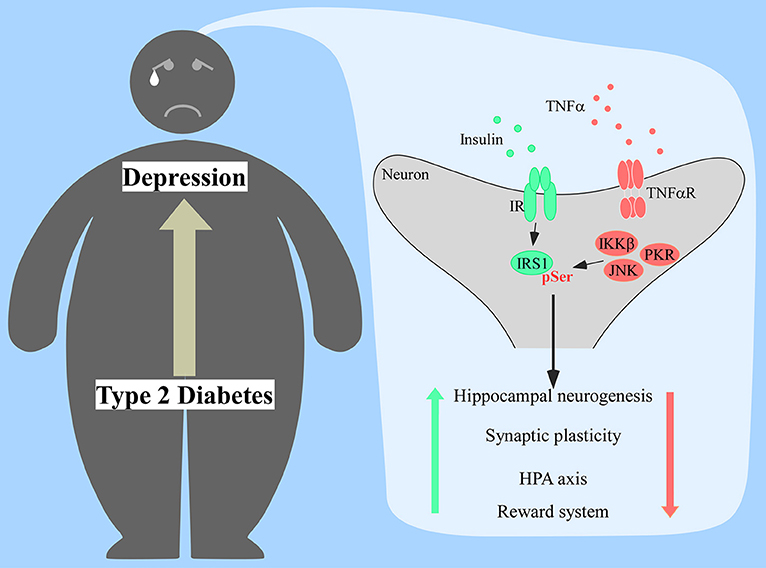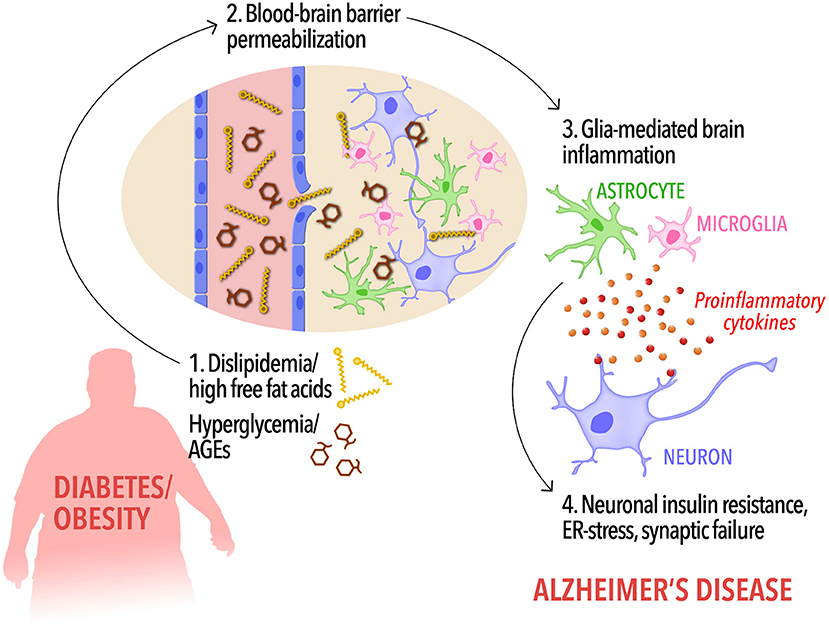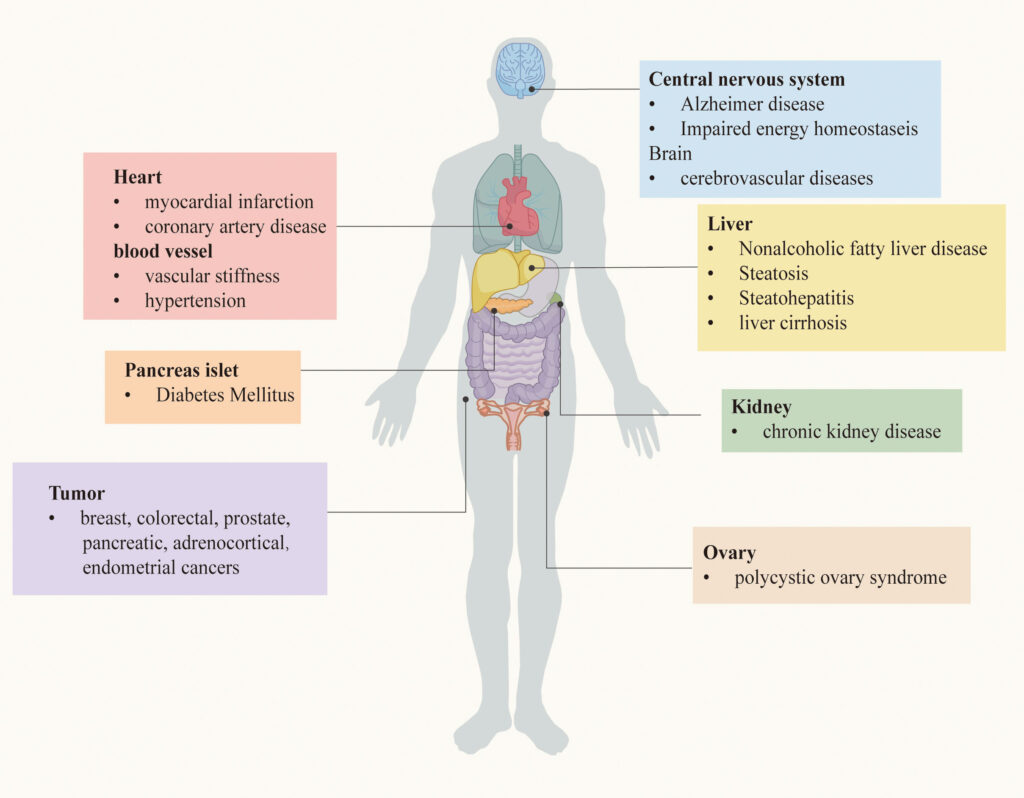Insulin resistance, often abbreviated as IR, is a condition where the body’s cells become less responsive to the hormone insulin. This leads to a cascade of metabolic issues that can have far-reaching effects on health. Understanding the causes, recognizing its effects, and adopting effective management strategies are essential for maintaining overall well-being. In this article, we will delve into the intricacies of insulin resistance, explore its underlying causes, examine its impact on the body, and discuss practical ways to manage it.


What Is Insulin Resistance?
Insulin is a hormone produced by the pancreas that plays a crucial role in regulating blood sugar levels. When you eat food, especially carbohydrates, your body breaks it down into glucose, which enters the bloodstream. Insulin helps cells absorb glucose from the blood to use it as energy or store it for later use. In individuals with insulin resistance, the cells do not respond effectively to insulin, leading to elevated blood sugar levels. To compensate, the pancreas produces more insulin, which can eventually lead to other health complications if left unaddressed.
The Role of Insulin in the Body
- Regulates blood sugar levels
- Promotes the storage of glucose in the liver and muscles
- Aids in fat storage and protein synthesis
- Helps maintain energy balance in the body
Causes of Insulin Resistance
Insulin resistance does not develop overnight; it is often the result of a combination of genetic, lifestyle, and environmental factors. Below are some of the primary causes of this condition:
Genetic Predisposition
Some individuals are genetically predisposed to insulin resistance. If there is a family history of type two diabetes or related conditions, the likelihood of developing insulin resistance increases. While genetics cannot be changed, being aware of this risk factor can help individuals take preventive measures early on.
Unhealthy Diet
A diet high in processed foods, refined carbohydrates, and added sugars can contribute significantly to insulin resistance. These foods cause rapid spikes in blood sugar levels, forcing the pancreas to produce more insulin. Over time, this constant demand can lead to reduced cell sensitivity to insulin.
Foods That May Contribute to Insulin Resistance
- Sugary beverages like soda and energy drinks
- White bread, pastries, and other refined carbohydrates
- Processed snacks such as chips and cookies
- High-fat fast foods
Lack of Physical Activity
Regular physical activity helps the body use insulin more efficiently. Sedentary lifestyles, characterized by prolonged periods of sitting and minimal exercise, can reduce the body’s ability to regulate blood sugar levels effectively. Exercise promotes glucose uptake by muscles, reducing the need for excessive insulin production.
Excess Body Weight
Obesity, particularly excess fat around the abdomen, is strongly linked to insulin resistance. Fat cells release substances that interfere with insulin signaling, making it harder for the body to use insulin properly. Losing even a small amount of weight can improve insulin sensitivity and reduce the risk of related complications.
Chronic Stress
Stress triggers the release of hormones like cortisol, which can increase blood sugar levels and promote insulin resistance. Chronic stress, whether due to work, personal life, or other factors, can disrupt hormonal balance and exacerbate the condition.
Sleep Disorders
Poor sleep quality or insufficient sleep has been shown to affect insulin sensitivity. Conditions like sleep apnea, which disrupt normal sleep patterns, are particularly problematic. Ensuring adequate rest and addressing any underlying sleep issues can help mitigate the risk of insulin resistance.
Effects of Insulin Resistance
Insulin resistance is not just a standalone condition; it is a precursor to several serious health problems. The effects of insulin resistance can manifest in various ways, impacting multiple systems in the body.
Type Two Diabetes
One of the most significant consequences of insulin resistance is the development of type two diabetes. When the body can no longer produce enough insulin to overcome resistance, blood sugar levels remain chronically elevated, leading to diabetes. This condition requires lifelong management and can lead to further complications if not controlled.
Cardiovascular Disease
Insulin resistance is closely associated with an increased risk of heart disease. Elevated insulin levels can contribute to high blood pressure, abnormal cholesterol levels, and inflammation, all of which are risk factors for cardiovascular problems.
Non-Alcoholic Fatty Liver Disease
This condition occurs when excess fat accumulates in the liver, often as a result of insulin resistance. Non-alcoholic fatty liver disease can progress to more severe liver damage if not addressed through lifestyle changes.
Polycystic Ovary Syndrome
In women, insulin resistance is a common feature of polycystic ovary syndrome, a hormonal disorder that can lead to irregular menstrual cycles, infertility, and other symptoms. Managing insulin resistance can help alleviate some of the challenges associated with this condition.
Increased Risk of Certain Cancers
Studies suggest that insulin resistance may increase the risk of certain types of cancer, including breast, colon, and pancreatic cancer. The exact mechanisms are still being studied, but chronic inflammation and hormonal imbalances likely play a role.
Managing Insulin Resistance
While insulin resistance can have serious consequences, it is possible to manage and even reverse the condition through lifestyle modifications and medical interventions. Below are some effective strategies for managing insulin resistance:
Adopting a Balanced Diet
Diet plays a pivotal role in managing insulin resistance. Consuming nutrient-dense foods that stabilize blood sugar levels can improve insulin sensitivity over time. Focus on incorporating the following into your diet:
Foods to Include
- Whole grains like oats, quinoa, and brown rice
- Lean proteins such as chicken, fish, and legumes
- Healthy fats like avocados, nuts, and olive oil
- Non-starchy vegetables like spinach, broccoli, and peppers
Foods to Limit or Avoid
- Sugary snacks and desserts
- Sodas and sweetened beverages
- Processed meats like bacon and sausages
- Fried foods and trans fats
Engaging in Regular Physical Activity
Exercise is one of the most effective ways to improve insulin sensitivity. Both aerobic exercises, such as walking, jogging, and cycling, and strength training can help the body use insulin more efficiently. Aim for at least 150 minutes of moderate-intensity exercise per week, along with muscle-strengthening activities on two or more days.
Maintaining a Healthy Weight
Losing excess weight, especially around the abdomen, can significantly improve insulin sensitivity. Even a modest weight loss of five to ten percent of your total body weight can make a noticeable difference. Focus on sustainable, long-term changes rather than quick fixes.
Managing Stress Levels
Chronic stress can worsen insulin resistance, so finding effective ways to manage stress is crucial. Practices like mindfulness meditation, yoga, deep breathing exercises, and engaging in hobbies can help reduce stress and improve overall well-being.
Prioritizing Quality Sleep
Aim for seven to nine hours of quality sleep each night to support insulin sensitivity. Establish a consistent sleep schedule, create a relaxing bedtime routine, and address any underlying sleep disorders with the help of a healthcare provider.
Medication and Medical Supervision
In some cases, lifestyle changes alone may not be sufficient to manage insulin resistance. Medications such as metformin may be prescribed to improve insulin sensitivity and control blood sugar levels. Always consult with a healthcare professional before starting any new treatment plan.
Final Thoughts
Insulin resistance is a complex condition with wide-ranging implications for health. By understanding its causes, recognizing its effects, and implementing effective management strategies, individuals can take proactive steps toward improving their well-being. Whether through dietary changes, regular exercise, stress reduction, or medical intervention, there are numerous ways to address insulin resistance and reduce the risk of associated complications.





